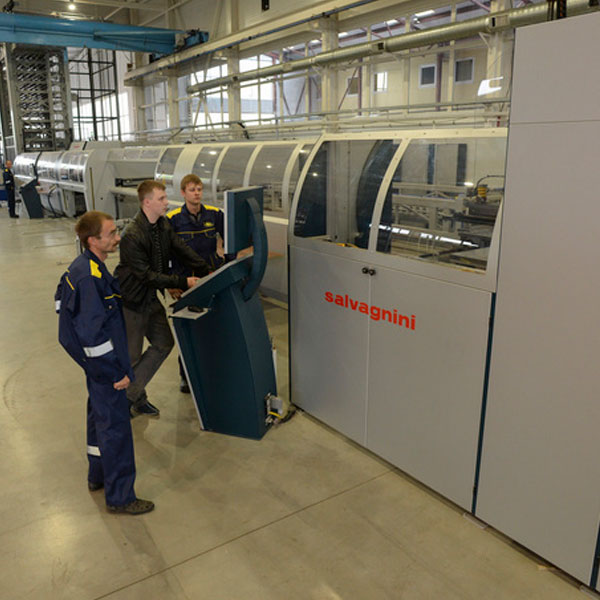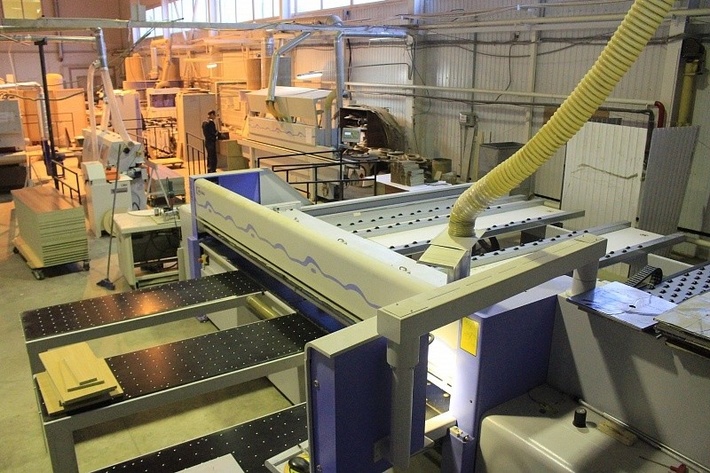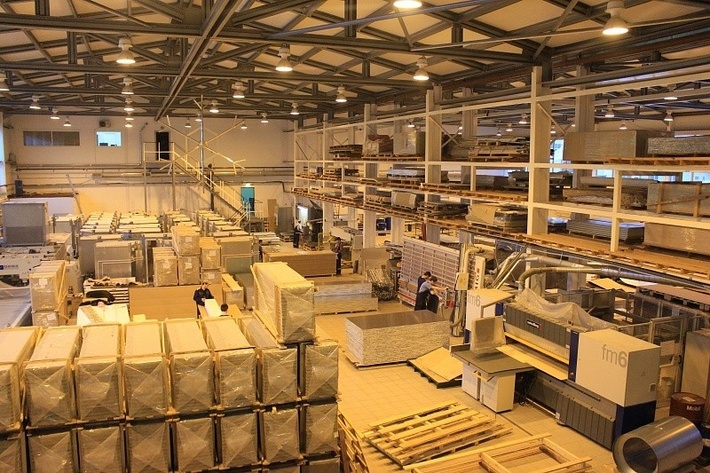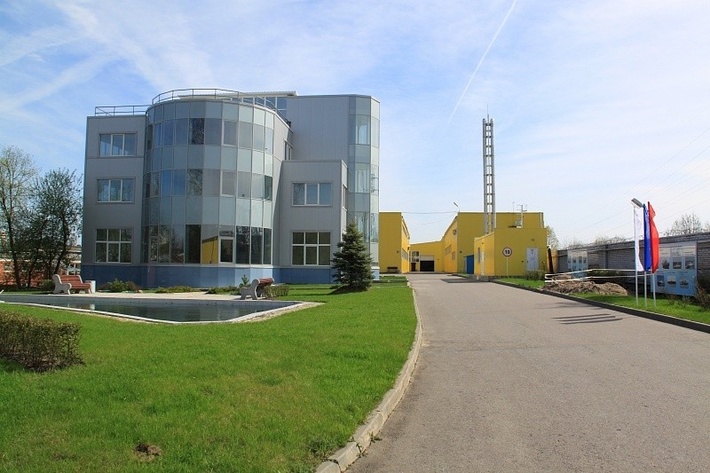
In the Leningrad Region, the Geser company launched import-substituting production of ship products
February 13, 2025
In the city of Otradnoye, Leningrad Region, Geser JSC opened the second stage of the plant for the production of marine furniture and ship sheathing made of composite materials. The new capacity will allow the plant to increase production by 20%.
Investments in the project amounted to over 600 million rubles. 42 additional jobs were created.
The plant's project for the development of production received support from the Industrial Development Fund of the Russian Federation. The IDF allocated Geser JSC a loan in the amount of 300 million rubles on preferential terms. This is the 27th production facility opened with the participation of the FRP.
The implementation of the project will allow the enterprise to increase its market share, and by 2020, the Geser company plans to completely, 100%, displace imports.
The Geser company produces portholes and cockpit windows, including those with fire-resistant bulletproof glass with electric heating, mechanical and automated doors for ship spaces, mechanical and automated doors for monitoring the outer contour of a ship, ship furniture of all types, sanitary cabins in various configurations (with a shower, bath, toilet), modular cladding systems for ship spaces made of composite fire-retardant, heat-insulating and sound-absorbing materials.
The share of imports for all of the above-listed commodity items reaches 70%. The largest foreign suppliers are companies from South Korea, China, Poland, and Germany.
The main area of sales of products is civil shipbuilding, which is associated with the growth of demand from leading Russian shipowners and operators of the commercial fleet. Accordingly, in the period from 2017 to 2020, the company expects an annual increase in production by 20%.
Today, JSC Geser is fulfilling a large contract for the equipment of the diesel-electric icebreaker of Project 22600 Viktor Chernomyrdin. In April 2017, the company received an order to equip the first ice-class patrol ship of Project 23550, Ivan Papanin, which is being built for the Navy at the Admiralty Shipyards. Work will begin in 2018. The Navy contracts exceed 1 billion rubles.



Shipbuilding
News
from the company TransTechnology
